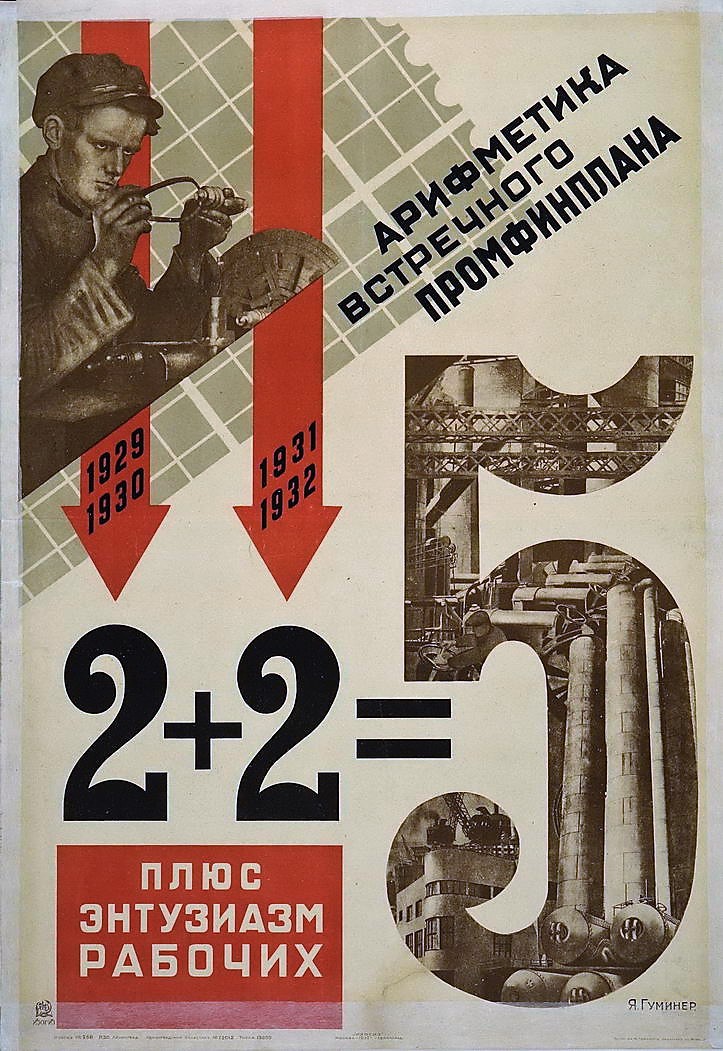To receive a free full-text email of The Zeitgeist whenever we publish to the website, please sign up here. You’ll get two or three of these emails every week, and your email will not be shared with anyone. Ever.

It’s the one thing that Donald Trump and Rachel Maddow can agree on …
As deficits soar, Trump asks, ‘Who the hell cares about the budget?’ [MSNBC]
Donald Trump delivered remarks at a private dinner with wealthy donors Friday night at Mar-a-Lago, and as the Washington Post reported, the president shared some thoughts about the nation’s finances.
To those who criticized his spending and the growing national debt, Trump said: “Who the hell cares about the budget? We’re going to have a country.”
And though I’m generally loath to agree with Trump, his blunt rhetorical question — “Who the hell cares about the budget?” — may have some merit.
About a year ago at this time, White House Chief of Staff Mick Mulvaney — the far-right budget chief who got involved in politics because he was determined to help balance the federal budget — told a group of Republicans that “nobody cares” about the issue anymore. His boss echoed the sentiment on Friday night.
And perhaps that’s a good thing.
— Rachel Maddow, announcing the freezing over of hell
If you don’t see that every government in the developed world is about to embark on a massive deficit spending spree, with modern-day ziggurats constructed in every burg and hamlet … you’re just not paying attention.
You will be told that these are “investments” that will “pay for themselves” many times over.
This is a lie.
You will be told that the size of the federal deficit “doesn’t matter”, that it’s just “money that we owe to each other”.
This is a lie.
Pleased to meet you. Hope you guess my name.

In the end the Party would announce that two and two made five, and you would have to believe it. It was inevitable that they should make that claim sooner or later: the logic of their position demanded it. Not merely the validity of experience, but the very existence of external reality, was tacitly denied by their philosophy. The heresy of heresies was common sense.
And what was terrifying was not that they would kill you for thinking otherwise, but that they might be right.
— George Orwell, 1984
You will be told over and over again that 2 + 2 = 5.
And what is terrifying is that you will begin to believe that they might be right.
You think you won’t. But you will.
And it is in that moment … that moment of doubt and pain … when this battle will be won or lost. It’s not a public battle. It’s not an electoral battle. It’s not a battle of ideas. It’s not a battle of wits.
It’s a personal battle of will … the will to maintain your autonomy of mind against the Adversary who would Nudge and cajole and shake their finger at you until you welcome the saddle and desire the bit.
It’s the oldest battle. And it’s the only battle that matters.
It’s a battle that is infinitely easier to win when you know that you are not alone.
We call ourselves the Epsilon Theory Pack, because The Long Now is going to get a lot worse before it gets any better, and there is strength in numbers. You can watch from a distance if you like, but you are also welcome to join us.


Propaganda seemed so obvious in 1984. So obvious from the old Pravda.
Now we’ve bought into it and can’t see the absurdity of it.
It is a thin gruel.
or, for the more verbose:
And men forgot their passions in the dread
Of this their desolation; and all hearts
Were chill’d into a selfish prayer for light:
And they did live by watchfires—and the thrones,
The palaces of crowned kings—the huts,
The habitations of all things which dwell,
Were burnt for beacons
Decifits don’t matter. EPS is an outdated metric. Losing money with no timeline of becoming profitable is actually a good thing. It’s a binary choice between these two candidates. Tariffs are good. Medicare for all. Make the rich pay for everything. You deserve free college. Trade wars are good and easy to win.
It’s almost like they’re selling us a fantasy because they know an awful lot of people wish to buy the fantasy.
In https://www.epsilontheory.com/et-live-1-21-2020/?mc_cid=bd1bffa46b and https://www.epsilontheory.com/the-long-now-pt-4-snip/ you’ve highlighted that we’ve cut the tether between taxation and spending. You’ve further pointed out that once this tether is cut, once taxation is no longer a means to pay for and improve the commons and society itself, that taxation is merely a weapon to be wielded by those in power.
I agree with this point. I am however struggling to square it with what I perceive to be a very real need to make large scale (2+ Trillion) investments in infrastructure to ride out and ultimately correct climate change. To say nothing about the in-progress conflict between China and the US.
It seems, from what I’ve read across ET that the kind of governance you’re seeking is one where government spends money to tackle shared problems and uses non-regressive taxes across the citizenry to do so. This would re-tether spending and taxation and would provide for the continuation of the system and a return to power equilibrium within society.
Am I understanding you correctly? Am I understanding ET correctly?
Ben, I largely agree with you, as usual, but I must take issue with this: “It’s not a public battle. It’s not an electoral battle. It’s not a battle of ideas. It’s not a battle of wits. It’s a personal battle of will … the will to maintain your autonomy of mind…”
Sorry, but actions do matter. Elections do matter. Public expressions of honesty do matter. It is not enough to maintain autonomy of mind. That is necessary but not sufficient. If we wish to preserve/restore our inherited national good fortune (to put it mildly), we can’t simply huddle beneath a mental blanket in righteous isolation and wait out the interregnum between bankruptcy and whichever horrific -ism follows, hoping that somehow THEN we’ll exert our agency and rebuild a better society.
No. For one thing, old age will take most of us by then. For another, I don’t want my country to “get much worse before it gets better.” I acknowledge my options are limited. I know I am fallible and ignorant of many things. I admit the public square is rife with cartoons and instrumentalist heavyweights I cannot budge. But still… It matters that I speak honestly to as broad a circle as I can. It matters that when forced to choose between two ridiculous options/candidates I choose the LESS ridiculous one. Failing to do that is how we got here!
Life is a team sport. There are no do-overs. Let’s stand for that, even if it hurts.
P.S. I would like to add, with respect to speaking honestly to as broad a circle as one can, that you guys are obviously doing exactly that with ET, so kudos and thanks for building this platform where the rest of us can chime in!
The spirit of Don Quixote lives! Down with Don Coyote!
I came across “If” by Rudyard Kipling today and it reminded me of this note and the overall idea of Clear Eyes / Full Hearts:
If you can keep your head when all about you
Are losing theirs and blaming it on you,
If you can trust yourself when all men doubt you,
But make allowance for their doubting too;
If you can wait and not be tired by waiting,
Or being lied about, don’t deal in lies,
Or being hated, don’t give way to hating,
And yet don’t look too good, nor talk too wise:
Full text here: https://www.poetryfoundation.org/poems/46473/if---
My favorite example of this… Negative interest rates. Your pension fund times -0.9% = protecting your wealth. Hell hath frozen. Grab some skates. It’s gonna be a long winter.
I love that Lord Byron poem, IMHO it was definitely influence by the physical climate of 1816 as much as the political/cultural zeitgeist.
“The year 1816 is known as the Year Without a Summer (also the Poverty Year and Eighteen Hundred and Froze To Death)”
https://en.m.wikipedia.org/wiki/Year_Without_a_Summer